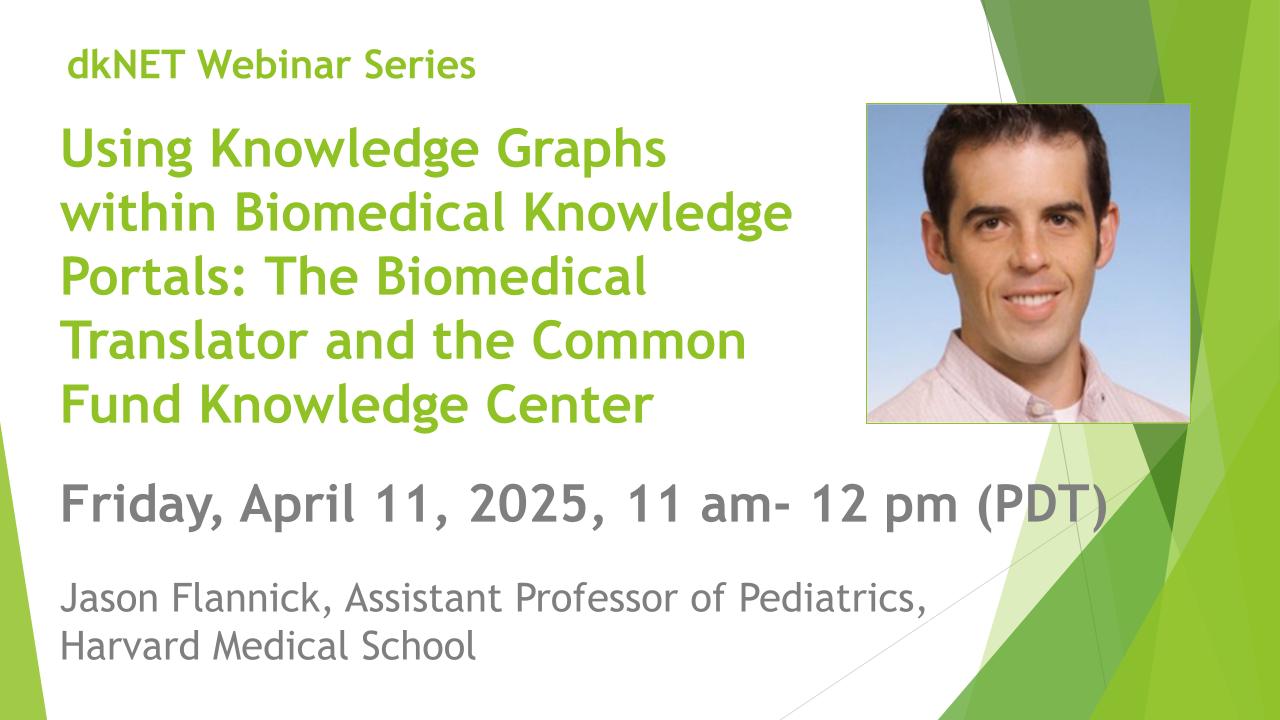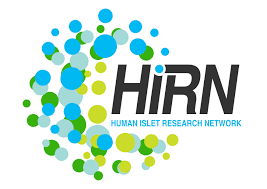Leaving Community
Are you sure you want to leave this community? Leaving the community will revoke any permissions you have been granted in this community.
[Recorded Webinar and Slides are Available Now!] dkNET Webinar: Leveraging Computational Strategies to Identify Type 1 Diabetes Risk and Clinical Trial Responder Status

*Watch recorded webinar here: https://youtu.be/mouDqLrrhmI
*Webinar slides: https://www.slideshare.net/dkNET/dknet-webinar-leveraging-computational-strategies-to-identify-type-1-diabetes-risk-and-clinical-trial-responder-status-05192023
dkNET New Investigator Pilot Program in Bioinformatics Awardee Webinar Series
Join dkNET Webinar on Friday, May 19, 2023, 11 am - 12 pm PDT
Presenter: Wenting Wu, PhD. Research Assistant Professor, Center for Diabetes and Metabolic Diseases, Department of Medical and Molecular Genetics, Associate Director of Data and Analytics Core for Center for Diabetes and Metabolic Diseases, Indiana University School of Medicine
Abstract
Type 1 diabetes (T1D) is an immune-mediated disease that results in insulin insufficiency and affects 0.3% of the population, including both children and adults. To support clinical trial efforts, there is an urgent need to develop reliable biomarkers capable of predicting T1D risk and guiding therapeutic interventions. Recently, whole blood bulk RNA sequencing has been used to guide T1D clinical trial design and assess response to disease modifying interventions. While the use of bulk RNA sequencing is cost-effective, these datasets provide limited information about cell specific gene expression changes. Here, we aimed to apply computational strategies to deconvolute cell type composition using cell specific gene expression references. Single-cell RNA sequencing (scRNA-seq) was conducted to profile peripheral blood mononuclear cells obtained from youth within recent T1D onset and age- and sex-matched controls and identified 31 distinct cell clusters. Using this pre-defined reference dataset, we ran computational algorithms CIBERSORTx and other deconvolution methods simultaneously to deconvolute cell proportions using public clinical trial data. We focused our initial analysis on data from the TN-20 Rituximab trial, which tested the anti-CD20 monoclonal antibody rituximab vs placebo in recent onset T1D. This talk will introduce recent advances of scRNA-seq techniques and computational deconvolution methods and demonstrate that how we apply different deconvolution approaches for secondary analysis of existing clinical trial data, in the purpose of linking cell specific immune signatures associated with drug responder status.
Dial-in Information: https://uchealth.zoom.us/meeting/register/tZAkduGqqT4rGNZrsaVzx0-zmv_5gcC10xfC
Upcoming webinars schedule: https://dknet.org/about/webinar





